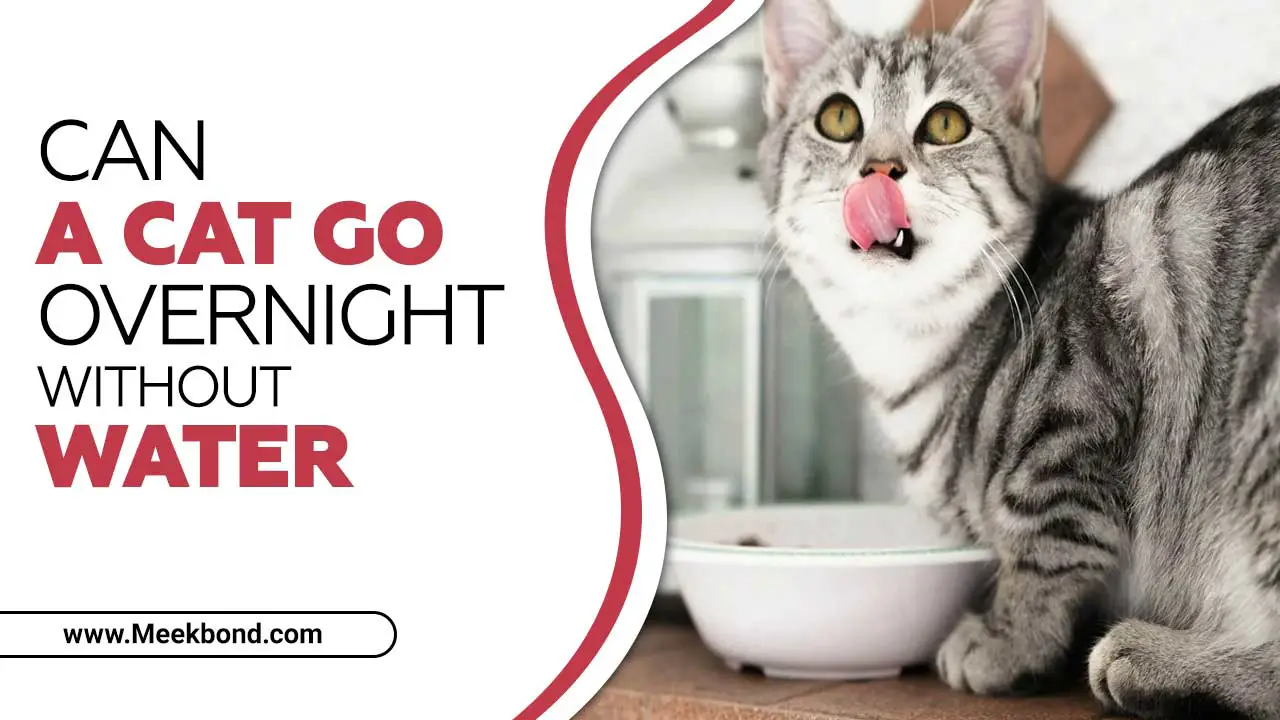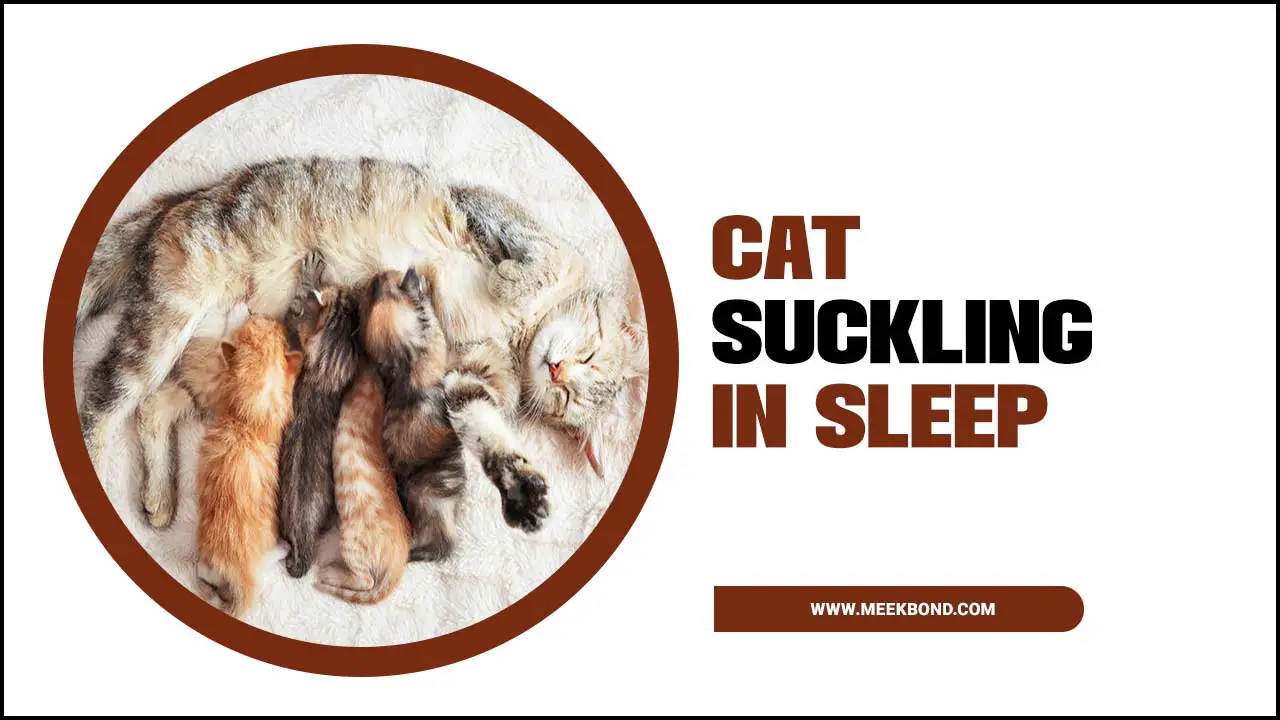Cats are known for their ability to sleep for long periods, often up to 16 hours a day. However, as much as we may envy their ability to catch some shut-eye. There are times when a cat’s sleeping habits may raise concerns.
If you’re concerned about your cat’s health, there are a few subtle signs that you should be paying attention to. If your cat unresponsive while sleeping, their breathing might be problematic.
It may be necessary to perform surgery to correct the problem and get your feline friend back on track. Here, we’ll outline these signs and suggest treatments based on them. Keep an eye out for your cat and be ready to take any necessary steps to ensure their well-being.
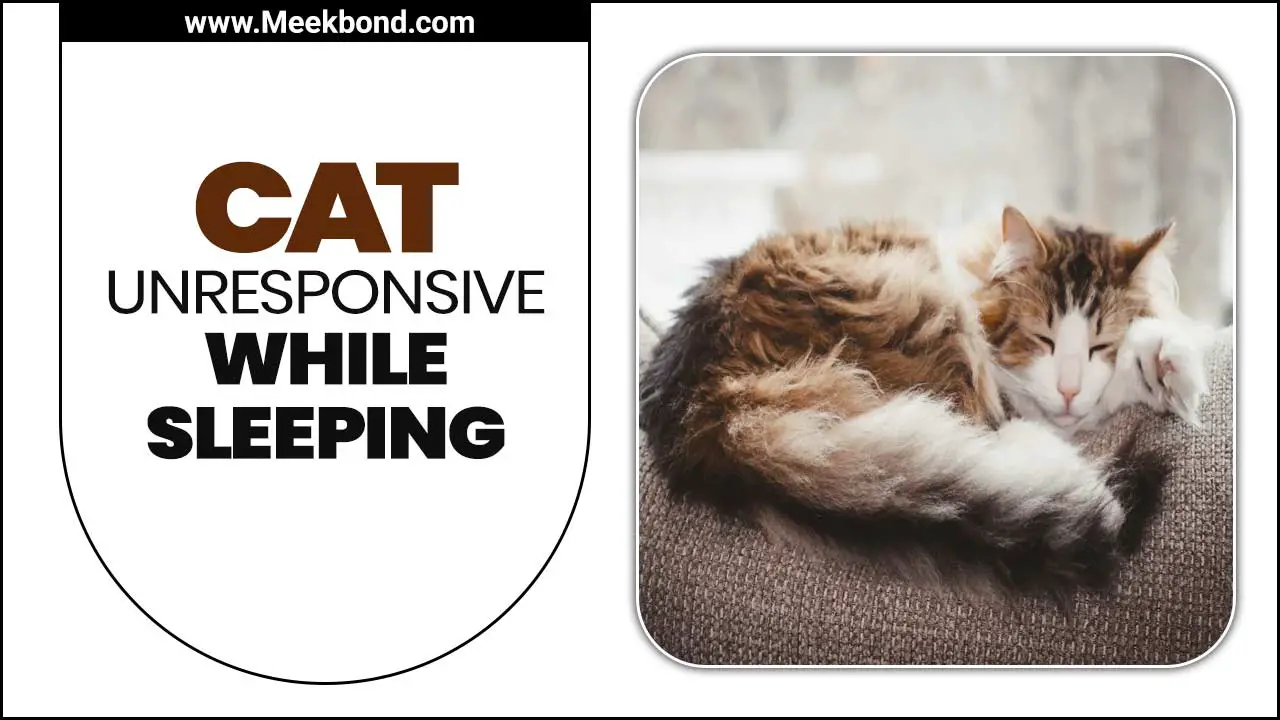
What Is Normal Sleeping Behavior For Cats?
Cats are known for their love of sleep, but it’s important to understand what is considered normal sleeping behavior for them. It is normal for cats to sleep anywhere from 12 to 16 hours a day, with kittens and older cats sleeping even more. They have different sleep cycles, including light, deep, and REM sleep.
Cats may appear unresponsive or motionless during deep sleep, but this is normal. However, suppose your cat is unresponsive while sleeping and shows signs of distress or discomfort upon waking. In that case, seeking veterinary attention is crucial as it could indicate an underlying health issue.
Common Causes Of Cat Unresponsiveness During Sleep
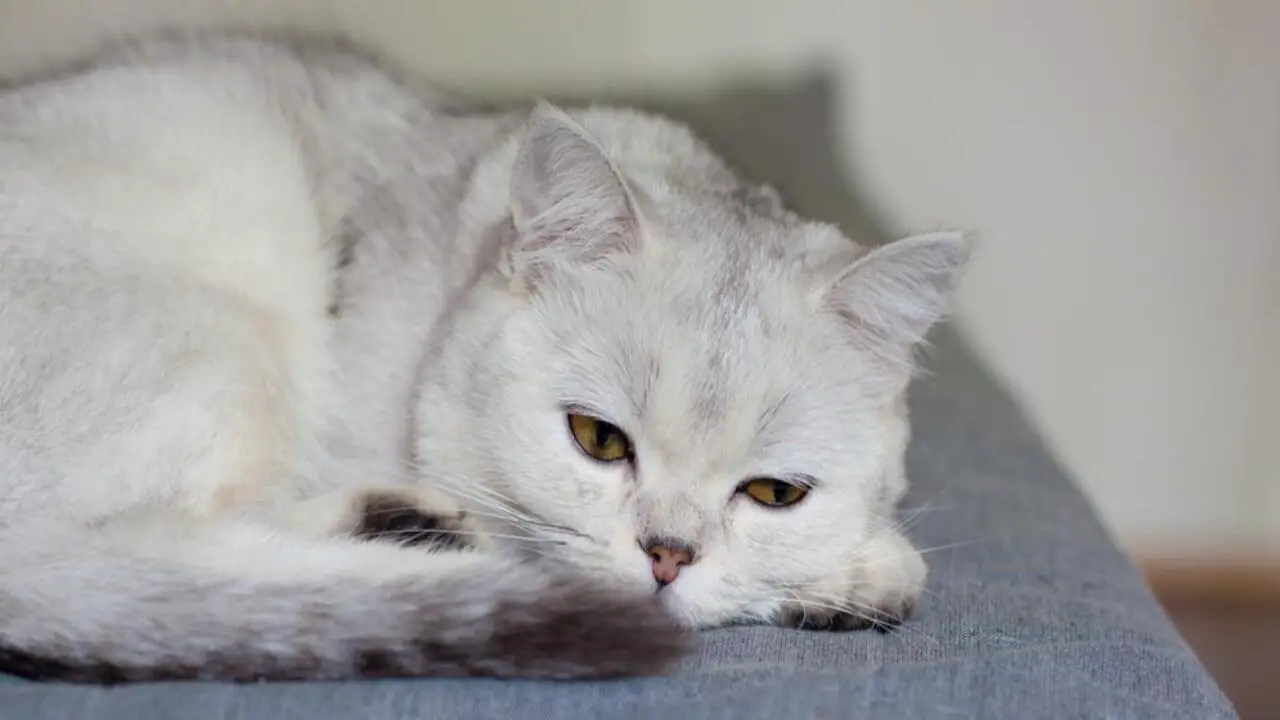
It’s important to note that while occasional episodes of unresponsiveness during sleep are typically normal if you notice any concerning or prolonged behavior changes in your cat’s sleeping patterns, it is always best to consult a veterinarian for further evaluation and advice. There can be several common causes of cat unresponsiveness during sleep. Some potential reasons include:
Deep Sleep: Cats, like humans, go through different stages of sleep, including deep sleep. During this stage, they may appear unresponsive or less alert to their surroundings.
REM Sleep: Rapid Eye Movement (REM) sleep is a stage of sleep where cats may experience dreams and muscle paralysis. This can cause them to appear unresponsive or twitch while sleeping.
Comfort And Relaxation: Cats find the most comfortable sleeping spots. If your cat sleeps in a warm and cozy spot, they may simply enjoy their restful slumber and not feel the need to respond to external stimuli.
Age And Health Conditions: Older cats or those with underlying health conditions may have different sleeping patterns. They may require more restful sleep or experience changes in their responsiveness during sleep.
Blocked Nose
Suppose your cat is having trouble breathing because of a blocked nose. You can do several things to help them get back on track quickly. It may be possible to clear it using nasal irrigation if the blockage is minor, which involves spraying water into your cat’s nose and removing mucus with a cotton swab or Q-tip. If the blockage is more severe, your veterinarian may require surgical intervention to open the nasal passage.
Collapsed Lungs
It can be concerning if your cat is unresponsive while sleeping, especially if they have collapsed lungs. Collapsed lungs, also known as pneumothorax, can occur due to trauma, infection, or underlying health conditions. It is important to seek immediate veterinary attention if you notice any signs of respiratory distress or if your cat is unresponsive.
The vet will perform a thorough examination to determine the cause and provide appropriate treatment. Prompt medical intervention ensures your cat’s well-being and prevents further complications. Always prioritize your pet’s health and seek professional help when needed.
Is It Worrying If My Cat Unresponsive While Sleeping – 8 Signs You Need To Get Them A Vet
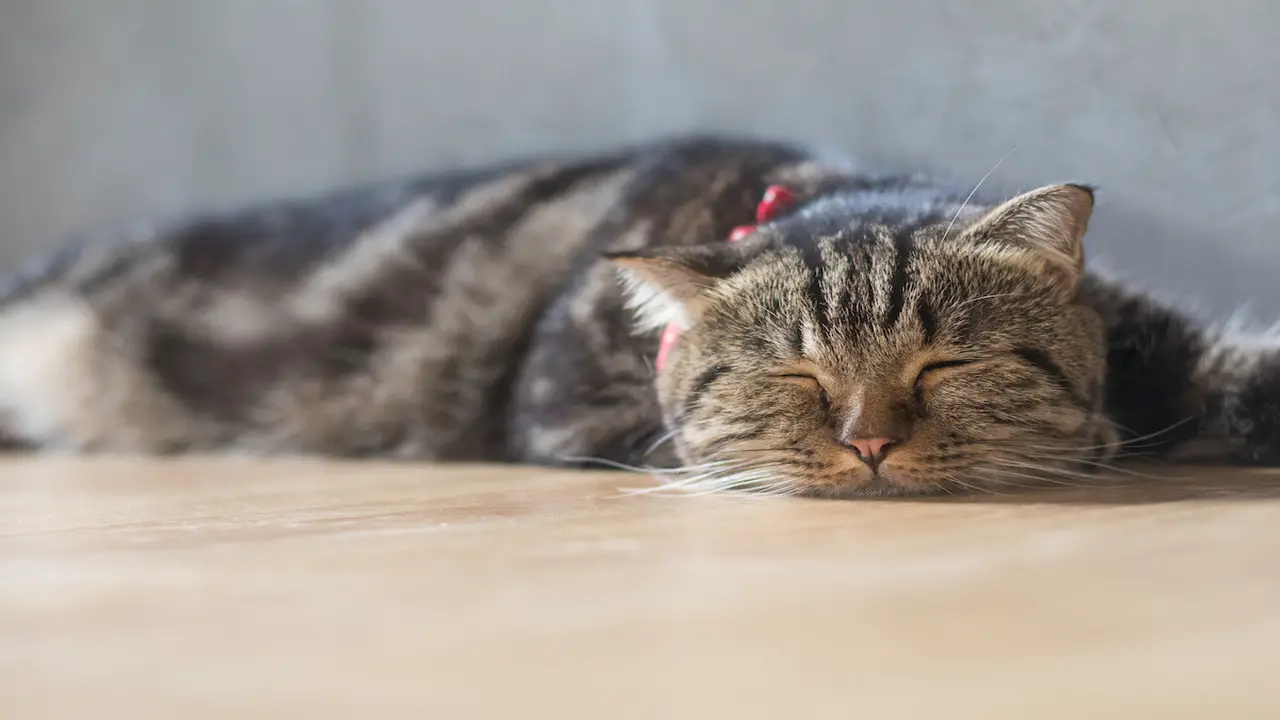
Knowing the subtle signs of illness is important if you are concerned about your cat becoming unresponsive while sleeping. Symptoms that may indicate a problem. If your cat unresponsive while sleeping, they may have trouble breathing.
This can be caused by many things, from a blocked nose to a collapsed lung. Cats, like humans, go through different sleep cycles, including deep sleep and REM sleep. During deep sleep, it is common to see cats unresponsive or with minimal movement.
If you notice your cat is unresponsive or acting sickly, it’s time to take them to the vet for a check-up. However, it’s hard to see the subtle signs. Having a vet take a look can help to rule out any serious issues. And get your cat the treatment they need. If your cat displays any of these signs chronically, it’s time to take them to the vet for a check-up. Here are eight subtle signs of sickness that you should watch out for:
1.Not Eating Or Drinking
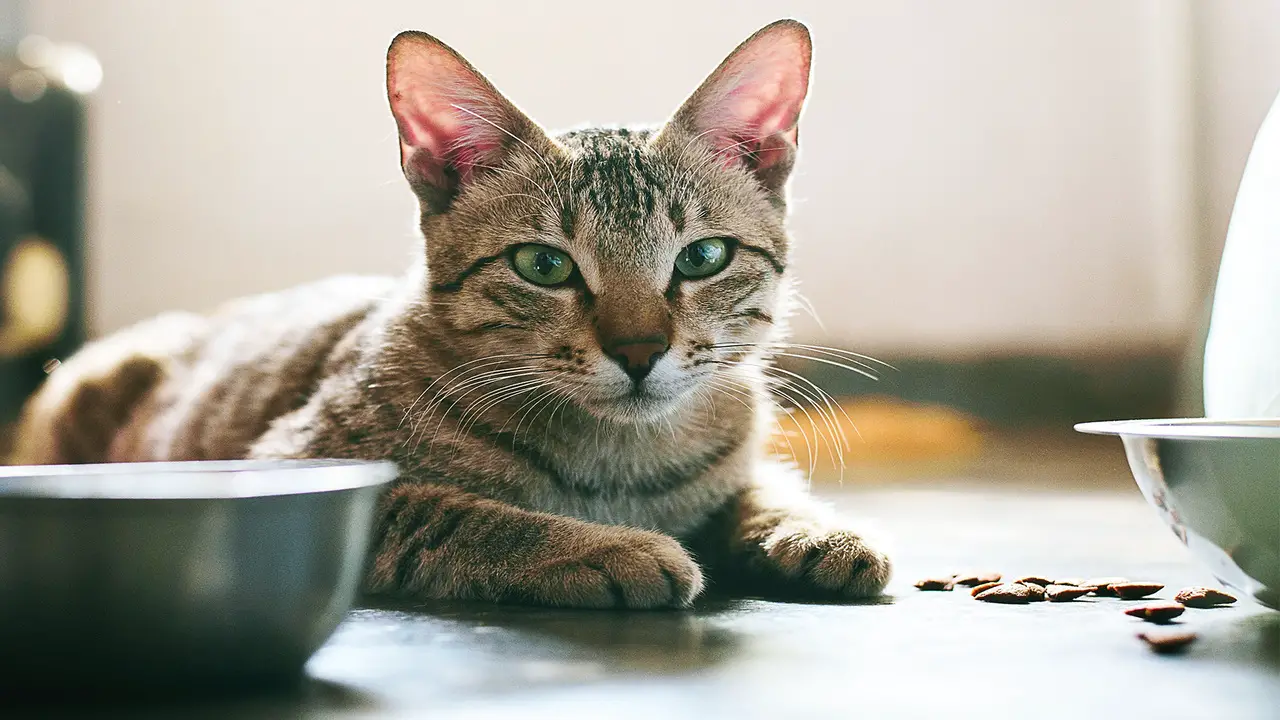
It can be concerning if your cat appears unresponsive while sleeping and is not eating or drinking. Cats are usually active and responsive animals, so any sudden change in behavior can cause worry. It’s important to monitor your cat closely and observe for other symptoms or signs of distress.
Loss of appetite and decreased thirst can indicate an underlying health issue or discomfort. It is advisable to consult with a veterinarian to rule out any potential medical conditions and ensure proper care for your cat’s well-being.
2.Lethargy And Not Moving Around Much
If your cat is not responding to playful antics, be suspicious and take them to the vet for a check-up. Lethargy (a lack of energy) means your cat is not getting enough oxygen and needs hospitalization. Changes in fur color could also mean a health issue – liver disease, for instance, can cause changes in fur coloration.
3.Having Trouble Breathing, Coughing, Or Sneezing
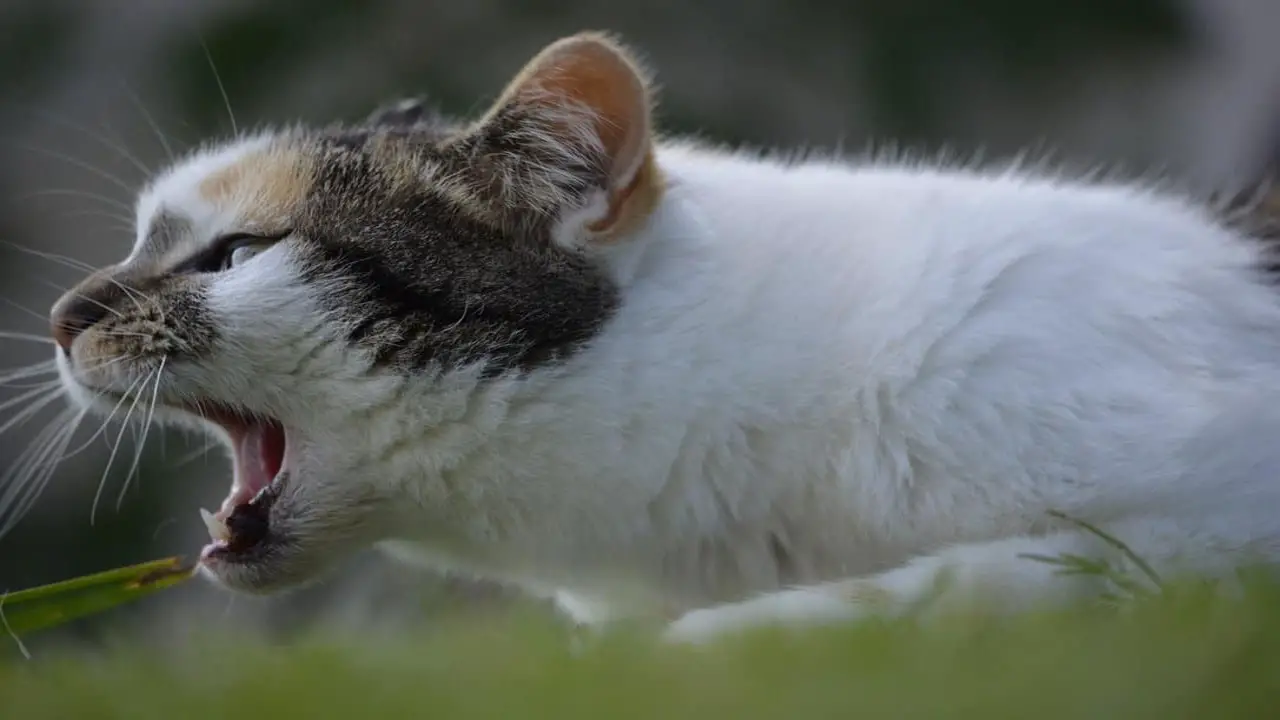
While sleeping, exhibiting symptoms such as having trouble breathing, coughing, or sneezing could cause concern. These signs may indicate an underlying health issue that requires medical attention. It is important to monitor your cat’s behavior and consult a veterinarian if you notice any changes or abnormalities in their sleep patterns.
The veterinarian will be able to assess your cat’s symptoms, perform relevant tests if necessary, and provide appropriate treatment to ensure the well-being of your furry friend. Remember, early intervention can often lead to better outcomes for your cat’s health.
4.Screaming In Pain When Touched
Discovering that your cat is unresponsive while sleeping and screaming in pain when touched can be concerning and may indicate a potential health issue. Observing your cat’s behavior closely and monitoring for other symptoms, such as lack of appetite, difficulty breathing, or changes in litter box habits is important.
If you notice any concerning symptoms or if your cat’s condition worsens, it is recommended to seek veterinary attention immediately. A professional evaluation can help determine the underlying cause of your cat’s symptoms and provide appropriate treatment options to ensure their well-being.
5.Unusual Behavior
If you’re unsure what’s wrong with your cat, take them to the vet for an examination. This will help rule out serious health issues and ensure they receive the care they need to stay healthy and happy. It can be concerning if your cat is unresponsive while sleeping, especially if they exhibit other unusual behaviors.
Cats are generally active and curious animals, so suddenly becoming lazy or disinterested in their surroundings may signify sickness or injury. Here are some other signs that may suggest your cat is not feeling well:
Ear Scratching – this may indicate discomfort or something disturbing your kitty is trying to avoid
Constant Meowing – could mean cats are stressed or anxious, which might indicate illness.
Unresponsive Sleep – if your cat falls asleep but doesn’t seem rested upon waking up, there could be something wrong with their body or mind. Observe these symptoms regularly and take action if they start appearing frequently. By doing so, you’ll likely find that everything turns out okay in the end.
6.Gagging Or Retching When Eating
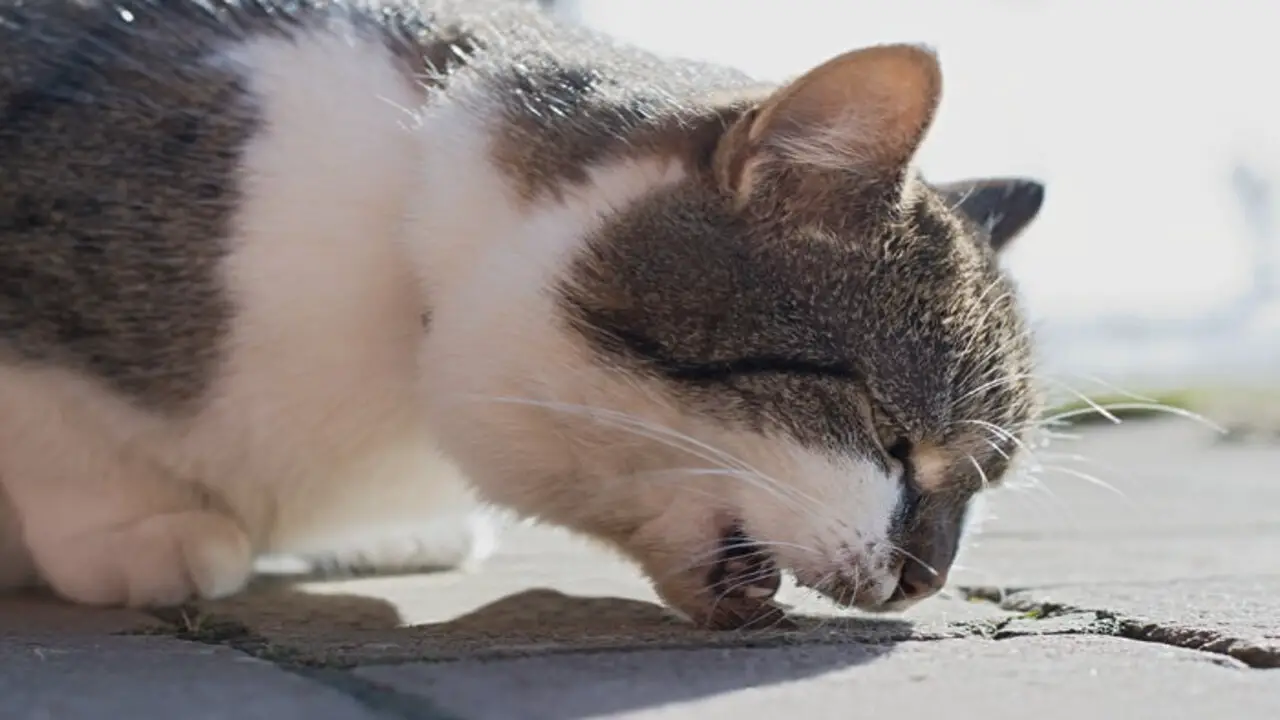
While cats sleep deeply at times, they should still be somewhat responsive and aware of their surroundings. If you notice that your cat is unresponsive or difficult to wake up from sleep, it could be a sign of an underlying health issue or potentially even an emergency situation. Gagging or retching when eating is another concerning sign that something may be wrong with your cat.
This behavior could indicate an underlying health condition, such as a respiratory infection, digestive issue, dental disease, or hairball obstruction. If your cat is gagging or retching while eating, it is recommended to take them to the vet for an evaluation. The veterinarian may run tests and provide appropriate treatment to ensure your cat’s health.
7.Changes In Appetite – Ravenousness, Weight Loss
If your cat is losing weight or becoming ravenous, it’s best to take them to the vet for an examination. Changes in their sleep patterns and behavior could also be signs of illness. So getting them checked out as soon as possible is essential. Keep a close eye on them – sometimes, infections can progress quickly. Take your time, though – often, it’s already too late by then.
8.Excessive Thirst Or Urination
Excessive thirst or urination in cats can cause concern and may indicate an underlying health issue. If your cat shows signs of increased thirst, such as drinking more water than usual or constantly seeking out water sources, it could be a sign of diabetes, kidney disease, or hyperthyroidism. Similarly, suppose your cat is urinating more frequently than normal or having accidents outside the litter box.
It may be a sign of a urinary tract infection or bladder stones in that case. It is important to monitor your cat’s behavior and consult a veterinarian if you notice any changes in their drinking or urination habits. Early detection and treatment of these conditions can help ensure the health and well-being of your furry friend.
Unresponsive Cat While Sleeping – What To Do
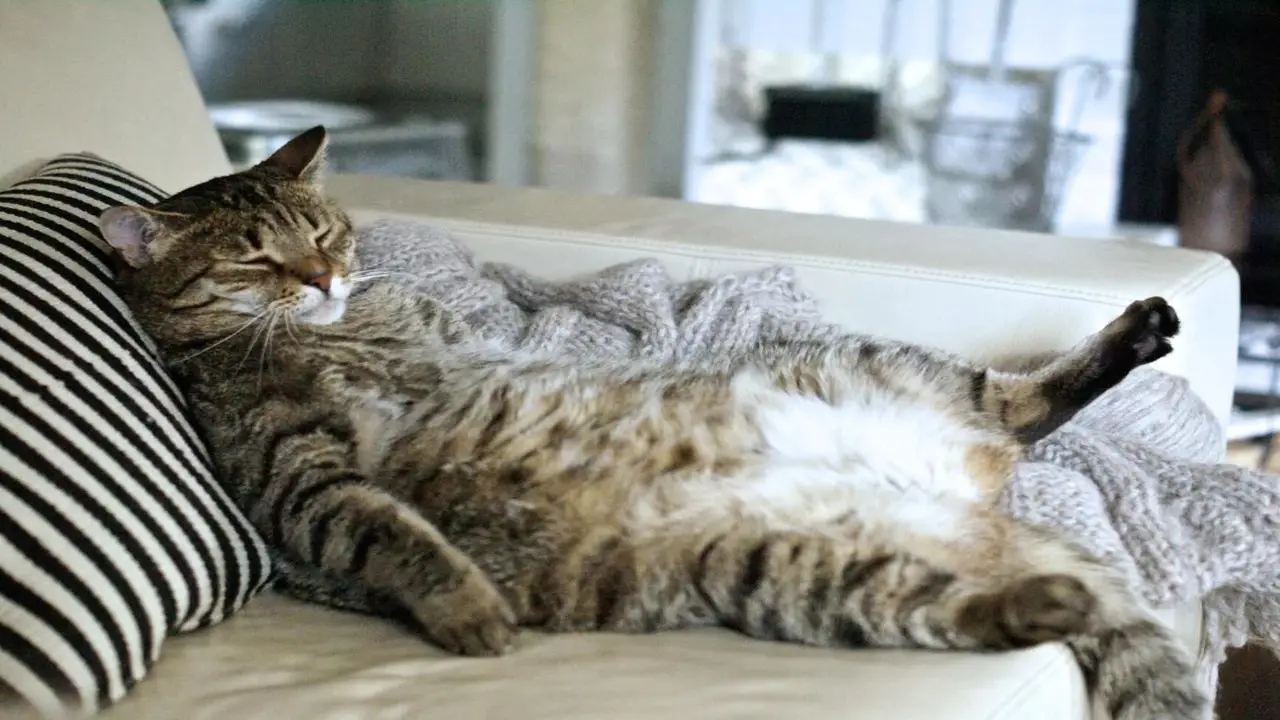
Taking action is essential if you notice your cat is unresponsive while sleeping. This could be a sign of an underlying health condition, and you need to get them checked out as soon as possible by a veterinarian. However, an unresponsive cat has many potential causes, so the vet must prescribe a test to determine the cause.
Treatment for an unresponsive cat may include medication or surgery. If you can’t get your cat to respond, don’t hesitate to call the medical emergency. They can recommend a course of action that will help them right away.
If you’re concerned about your cat’s behavior – unresponsive or acting out somehow – it’s time to take them to see a veterinarian. While there’s no guarantee that a vet can diagnose and treat your cat immediately, it’s always better to be safe than sorry. There are a few things you can do to determine the seriousness of the situation:
- Check for any signs of illness, such as fever or diarrhea.
- Check their breathing and pulse to assess their oxygen levels.
- Listen carefully to your cat.
- Offer them their favorite cat food to entice them to wake up.
- If they make unusual noises (like mewing or meowing), that may indicate distress.
- Take your cat to an emergency vet as soon as possible if there are any significant changes in behavior or health status.
Potential Treatments For An Unresponsive Cat While Sleeping
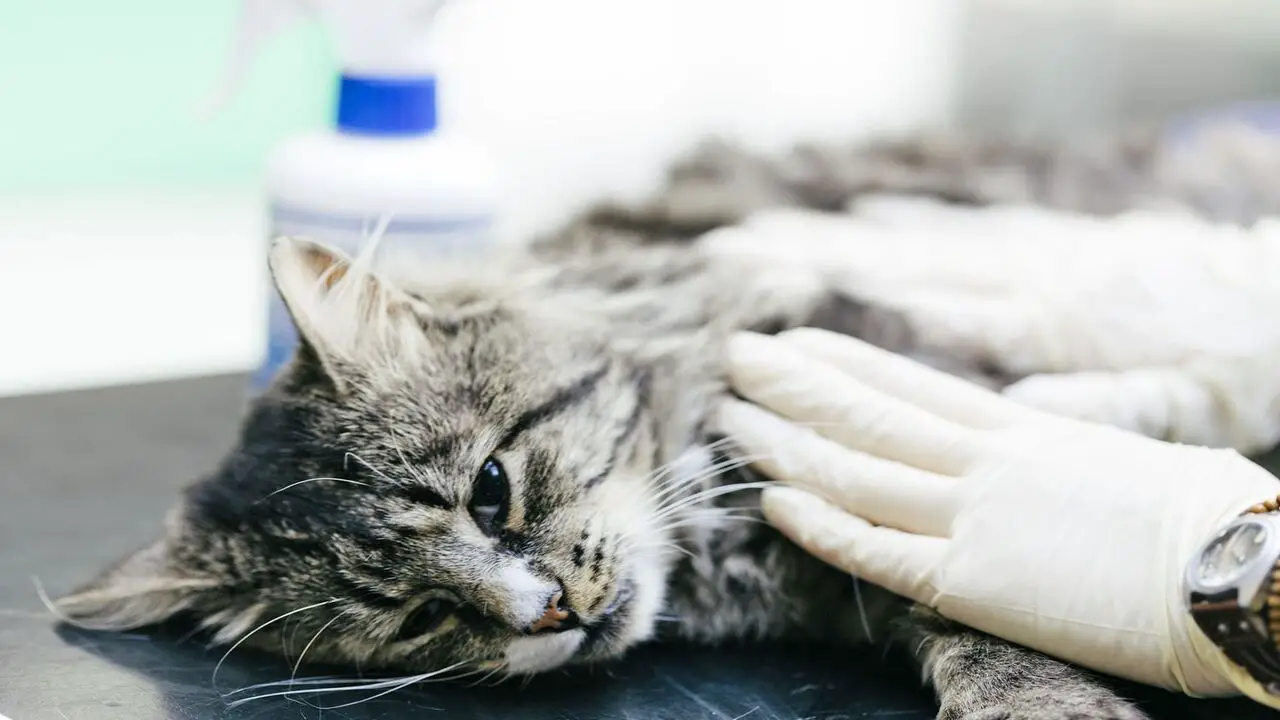
When a cat is unresponsive while sleeping, it can cause concern. Several potential treatments may help address this issue. First and foremost, ensuring the cat is in a safe sleeping environment, free from any potential hazards, is important.
Suppose the cat’s unresponsiveness persists or is accompanied by other concerning symptoms. In that case, consulting with a veterinarian who can provide a proper diagnosis and recommend appropriate treatment options is recommended.
Depending on the underlying cause, treatment may involve medication, changes in diet or lifestyle, or other interventions to address any underlying health issues. It is always best to seek professional veterinary advice when dealing with an unresponsive cat while sleeping to ensure their well-being and overall health.
Medication
Some medications can cause drowsiness or lethargy in cats, especially if they have just started a new medication or are on a higher dosage. Cat remedies can come as pills or injections, depending on your cat’s illness. On the other hand, medications such as bronchodilators or diuretics may be prescribed if the issue is related to a respiratory or cardiac problem.
Following the veterinarian’s instructions when administering medication is crucial, and monitoring your cat closely for adverse reactions is vital. In addition to drugs, other treatment options may be available depending on the underlying cause of the unresponsiveness, so it is essential to discuss all options with your veterinarian.
Some Cats May Require Surgery
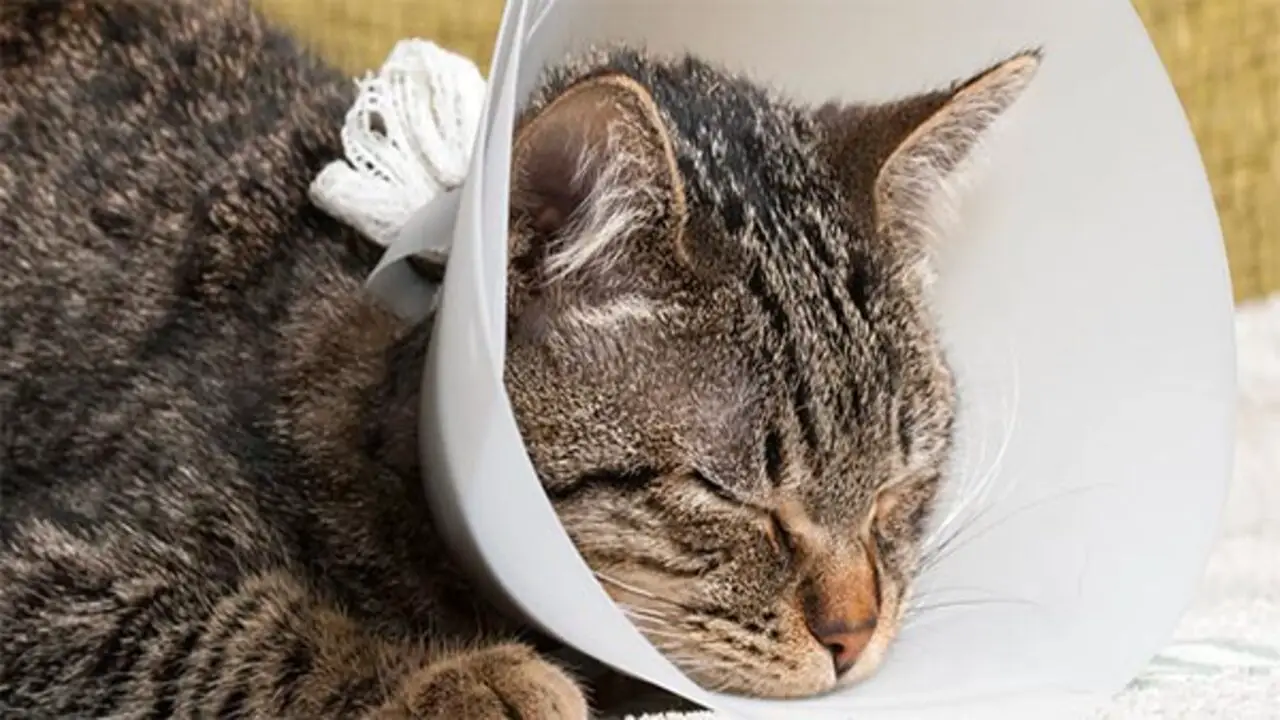
If your cat is unresponsive and there are no apparent signs of illness, the vet may decide to perform a procedure to determine the problem’s root cause. This might include an MRI or other diagnostic tests. In some cases, surgery will be required to insert tubes into your cat’s nose and chest so they can breathe easier or remove blockages from their lungs.
Conclusion
Regarding our cat unresponsive while sleeping, we love them to the moon and back. If your cat is unresponsive while sleeping, remaining calm and seeking professional help is important. While it may just be a deep sleep, it is always better to err on the side of caution regarding your pet’s well-being.
With proper care and attention, we can ensure that our cats continue to thrive and bring joy to our lives. Always observe your cat’s behavior and seek medical attention if any concerning symptoms arise. Your cat will remain a happy and healthy family member with proper care and attention.
Frequently Asked Questions
What Causes A Cat To Be Unresponsive?
Multiple factors can cause a cat to be unresponsive. It could be due to illness or injury, such as a neurological disorder or trauma. Other possible causes include extreme stress or fear, medication side effects, a cat asleep, or deep relaxation.
Why Is My Cat Sleeping And Not Active?
Cats sleep for extended periods because they are natural predators, and conserving energy allows them to be alert and active when they need to hunt. Suppose your cat is sleeping more than usual and showing signs of lethargy or changes in behavior.
Why Has My Cat Stopped Breathing In His Sleep?
If your cat has stopped breathing in his sleep, it is a serious concern, and you should seek immediate veterinary attention. There could be various reasons for this, including respiratory issues, heart problems, or an obstruction in the airway.
What Should You Do If Your Cat Stops Breathing?
If your cat stops breathing, it is crucial to act quickly. Firstly, check for any obstructions in their airway and, if present, try to clear them gently. If the block remains, perform CPR by placing your hands on the chest and providing compressions.
What Are The Symptoms Of Heart Failure In A Cat?
Symptoms of heart failure in a cat may include difficulty breathing, coughing, rapid or difficult breathing, lethargy, loss of appetite, weight loss, and fluid retention, causing swelling in the abdomen or limbs.

Aquarium passion is all about connecting with the aquatic life and providing education to the public on the importance of these creatures. We showcase a wide variety of marine life through our exhibits as well as working with schools to provide unique learning opportunities for students of all ages.



